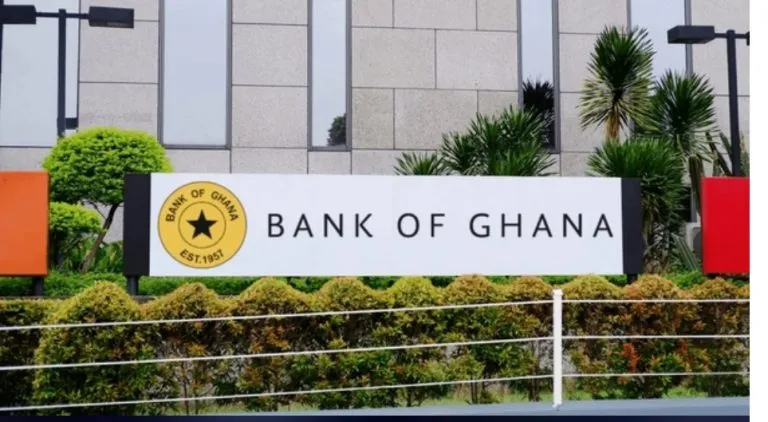The Bank of Ghana (BoG) has taken a significant step towards regulating the burgeoning digital credit sector by officially classifying Digital Credit Services as a Non-Bank Financial Service under the Non-Bank Financial Institutions Act, 2008 (Act 774). This designation, announced in a public notice on August 29, 2025, marks a pivotal moment in Ghana’s financial landscape, bringing these providers of short-term, mobile-based loans under the purview of formal regulation. The move is part of a broader strategy by the BoG to promote financial inclusion and expand access to financial services across the country, acknowledging the growing role of digital credit in serving the unbanked and underbanked populations. While recognizing the potential for innovation and growth in the sector, the BoG emphasizes the need for a structured regulatory framework to mitigate risks and protect consumers.
This formal recognition under Act 774 does not automatically grant operational licenses to all existing digital credit providers. The BoG explicitly clarified that the current announcement is a precursor to a more comprehensive directive outlining specific licensing and operational requirements. This forthcoming directive will be crucial in establishing the criteria for legitimate operation within the digital credit space. Its focus will be on ensuring consumer protection, maintaining the stability of the financial system, and establishing clear guidelines for responsible lending practices. The BoG’s approach indicates a commitment to fostering a balanced environment that encourages innovation while safeguarding the interests of borrowers and the broader financial ecosystem.
The anticipated directive is expected to address key areas crucial for responsible digital lending. These include criteria for licensing, operational procedures, data privacy and security standards, interest rate caps, debt collection practices, and mechanisms for dispute resolution. By establishing these parameters, the BoG aims to prevent predatory lending, protect consumer data, and ensure transparency in the digital credit market. This regulatory oversight will contribute to the stability and integrity of the financial sector, building trust and confidence in digital financial services.
The BoG’s move towards regulating digital credit services is a response to the rapid growth and evolving landscape of the financial technology (fintech) sector in Ghana. Digital credit platforms have gained significant traction in recent years, providing convenient and readily accessible loans to individuals and small businesses. This growth has been driven by increased mobile phone penetration and the relative ease of access to these services, often requiring minimal documentation. However, this rapid expansion has also raised concerns about potentially exploitative lending practices, data privacy breaches, and the potential for systemic risks if left unregulated.
By bringing digital credit services under its regulatory umbrella, the BoG aims to address these concerns and ensure the sustainable and responsible growth of the sector. This will involve striking a balance between fostering innovation and competition within the fintech space and safeguarding consumers from unethical lending practices. The regulatory framework will also promote transparency and accountability within the digital credit market, enabling borrowers to make informed decisions and protecting them from hidden fees, excessive interest rates, and aggressive debt collection tactics. Ultimately, the BoG’s objective is to create a robust and inclusive digital financial ecosystem that benefits both consumers and the broader economy.
The BoG’s announcement serves as a crucial signal to all stakeholders operating within or intending to enter the digital credit market. Fintech companies, micro-lending platforms, and mobile money operators are advised to closely monitor developments and prepare for compliance with the forthcoming directive. This includes reviewing current practices, strengthening internal controls, and aligning operations with the anticipated regulatory requirements. By proactively preparing for compliance, these entities can demonstrate their commitment to responsible lending and contribute to the creation of a sustainable and trustworthy digital credit landscape in Ghana. The BoG’s move highlights the importance of collaboration between regulators and industry players in shaping a responsible and inclusive digital financial future.














